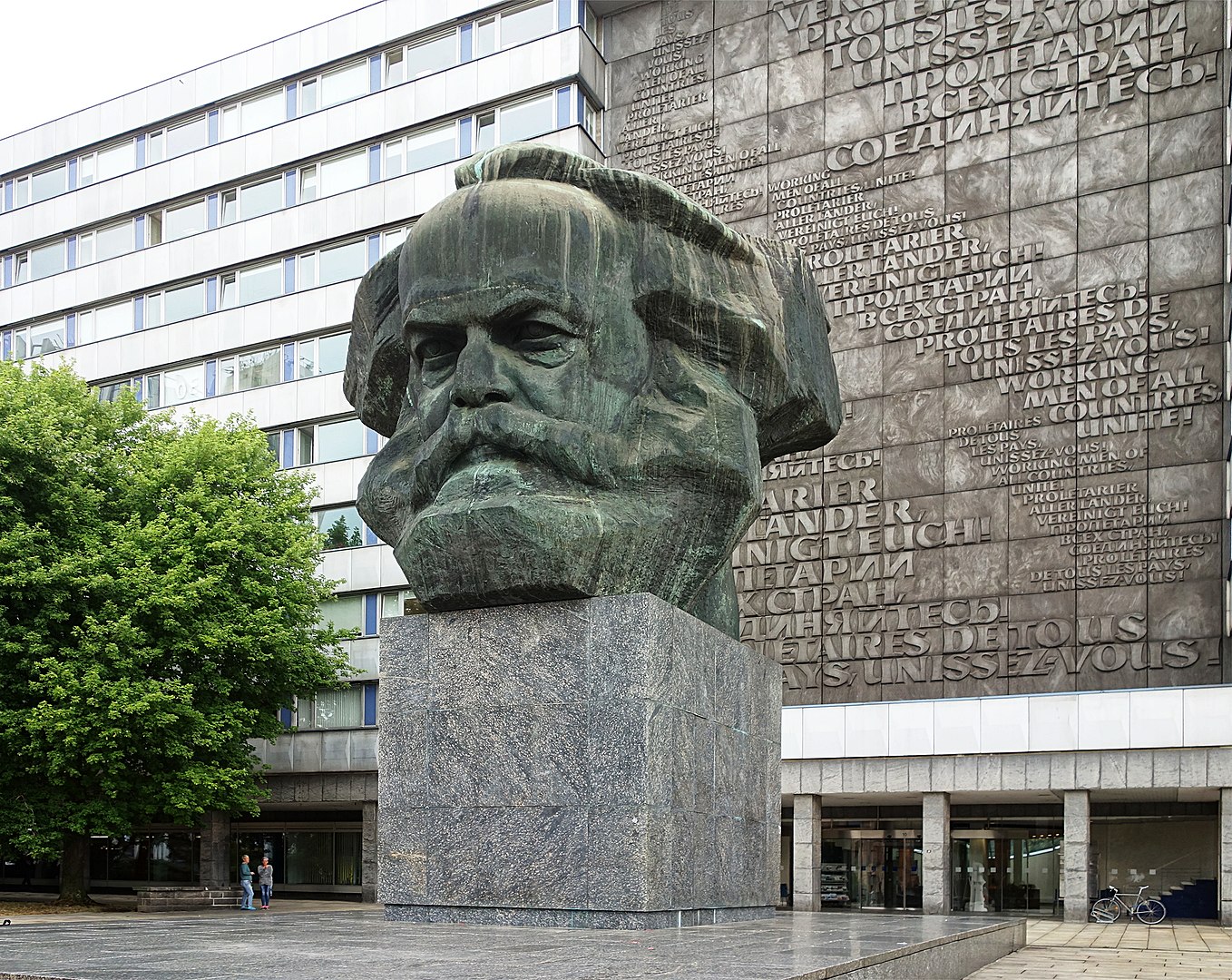Karl Marx: The Revolutionary Thinker Who Shaped the Modern World
Introduction:
Karl Marx, the German philosopher, economist, and revolutionary socialist, is one of the most influential figures in modern history. His ideas, particularly those expressed in his seminal works "The Communist Manifesto" and "Das Kapital," have had a profound impact on politics, economics, and social thought. In this article, we will explore the life, contributions, legacy, and ongoing relevance of Karl Marx, shedding light on his enduring influence on the modern world.
Early Life and Education:
Karl Marx was born on May 5, 1818, in Trier, a city in the Kingdom of Prussia (now part of Germany). He was born into a middle-class Jewish family, with his father working as a lawyer. Marx received a classical education at the Trier Gymnasium before enrolling at the University of Bonn to study law. However, his time at Bonn was marked by a rebellious spirit and a focus on socializing rather than academics.
After a year at Bonn, Marx transferred to the University of Berlin, where he became deeply involved in the Young Hegelian movement, a group of intellectuals who critiqued traditional religious and philosophical beliefs. It was during this time that Marx developed his interest in philosophy, economics, and the study of history, laying the groundwork for his later revolutionary ideas.
Revolutionary Thought and Exile:
Following his university studies, Karl Marx embarked on a career as a journalist and political activist. He moved to Cologne, where he became the editor of the Rheinische Zeitung, a liberal newspaper. Through his writings and editorials, Marx began to articulate his critique of capitalism, arguing that it exploited the working class and perpetuated inequality.
Marx's radical views drew the attention of the Prussian authorities, leading to the suppression of the Rheinische Zeitung and his subsequent exile from Germany. Marx relocated to Paris, where he became involved with other exiled revolutionaries and intellectuals, including Friedrich Engels, with whom he would form a lifelong partnership and collaboration.
During his time in Paris, Marx deepened his studies of political economy and wrote some of his most important works, including "The Communist Manifesto," co-authored with Engels, which was published in 1848. The Manifesto outlined Marx's vision of history as a series of class struggles culminating in the overthrow of capitalism and the establishment of a classless society based on common ownership of the means of production.
Exiled once again due to his revolutionary activities, Marx eventually settled in London, where he would spend the rest of his life. Despite facing financial hardship and political persecution, Marx continued to write prolifically, producing his monumental work "Das Kapital," which sought to analyze the workings of capitalism and uncover its inherent contradictions.
Marx's Ideas and Contributions:
Karl Marx's intellectual contributions encompass a wide range of disciplines, including philosophy, economics, sociology, and political theory. At the heart of Marx's thought is his theory of historical materialism, which posits that the driving force of history is the struggle between social classes over control of the means of production.
According to Marx, history unfolds through a series of stages, each characterized by distinct modes of production and corresponding class relations. He identified primitive communism, slave societies, feudalism, capitalism, and socialism as successive stages in human development, with each stage giving rise to its own contradictions and conflicts.
Central to Marx's critique of capitalism is the concept of surplus value, which he argued was extracted from the labor of workers by capitalist employers. Marx contended that capitalism inherently tends towards overproduction, economic crises, and social inequality, as capitalists seek to maximize profits at the expense of the working class.
In "Das Kapital," Marx meticulously analyzed the workings of capitalism, exploring its economic laws, contradictions, and tendencies. He argued that capitalism inevitably leads to the concentration of wealth and power in the hands of a small capitalist class, while the majority of the population, the proletariat, experiences exploitation, alienation, and impoverishment.
Legacy and Impact:
Karl Marx's ideas have had a profound and lasting impact on the modern world, shaping the course of history and inspiring generations of activists, intellectuals, and revolutionaries. Despite facing criticism and misinterpretation, Marx's critique of capitalism remains highly relevant in an era marked by growing inequality, economic instability, and social upheaval.
Marx's influence extends far beyond the realm of academia, permeating politics, culture, and social movements around the globe. His ideas have inspired numerous political movements and revolutions, from the Russian Revolution of 1917 to anti-colonial struggles in Asia, Africa, and Latin America. Marx's concept of class struggle and the quest for social justice continues to resonate with marginalized and oppressed communities seeking liberation from exploitation and oppression.
Moreover, Marx's intellectual legacy has endured in the field of economics, where his ideas have contributed to the development of alternative schools of thought, such as Marxism, socialism, and communism. While Marx's predictions of capitalism's collapse and the imminent arrival of socialism have not materialized as he envisioned, his analytical framework and insights into the dynamics of capitalism remain relevant tools for understanding and critiquing contemporary society.
In recent years, there has been a resurgence of interest in Marx's ideas, fueled by growing disillusionment with neoliberalism, globalization, and the failures of capitalism to address pressing social and environmental challenges. Marx's diagnosis of capitalism's inherent contradictions and his vision of a more just and equitable society continue to inspire efforts to imagine and create a better world.
Conclusion:
Karl Marx's life and work exemplify the power of ideas to shape history and inspire social change. As a philosopher, economist, and revolutionary thinker, Marx challenged prevailing orthodoxies and offered a radical critique of capitalism that continues to reverberate in the modern world. Despite his own struggles and setbacks, Marx remained committed to the cause of social justice and the emancipation of the working class.
While Marx's ideas have been subject to interpretation, debate, and revision over the years, his intellectual legacy endures as a source of inspiration and provocation for those who seek to understand and transform the world. Whether celebrated as a visionary prophet or criticized as a misguided ideologue, Karl Marx's contributions to human knowledge and the quest for a more just and equitable society remain an integral part of our collective intellectual heritage.


































































